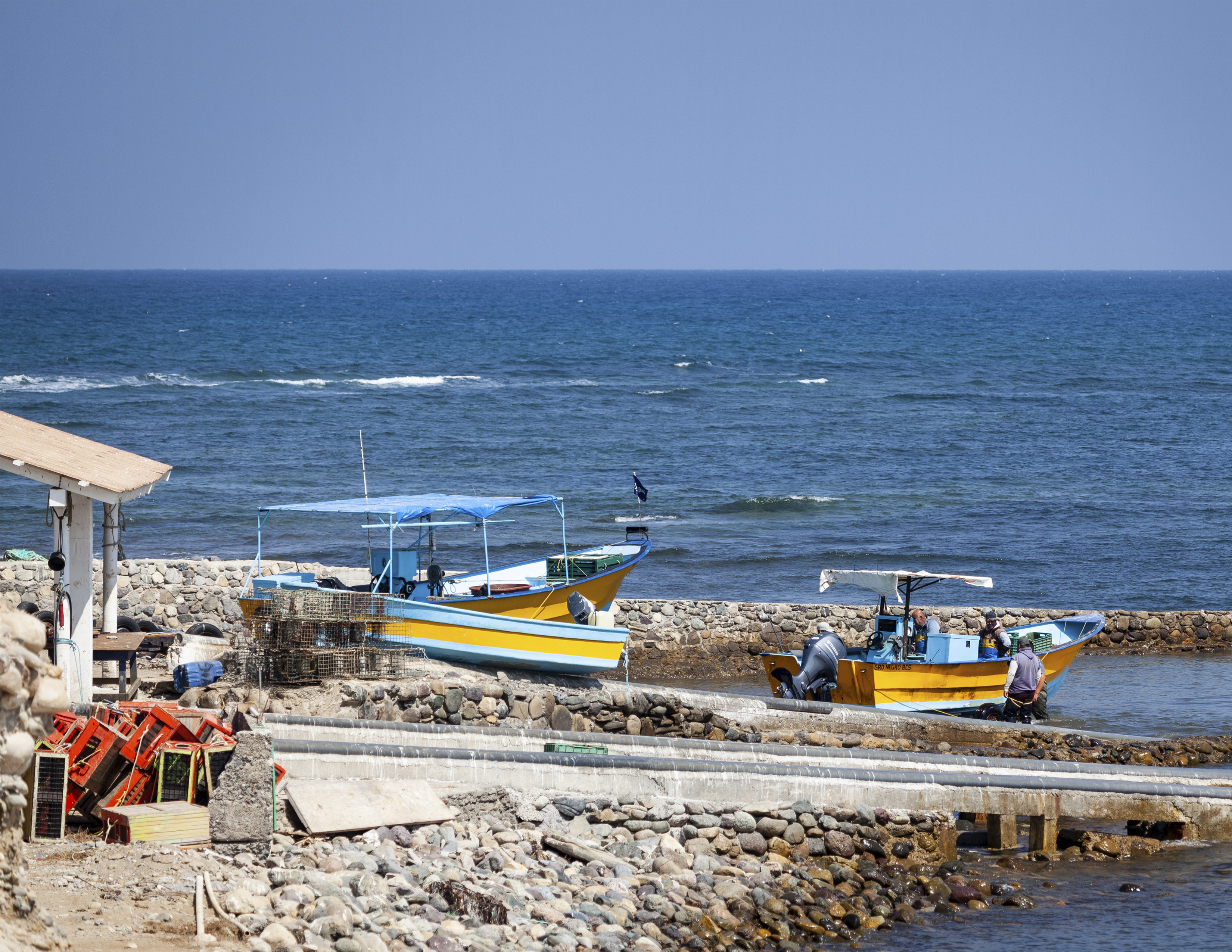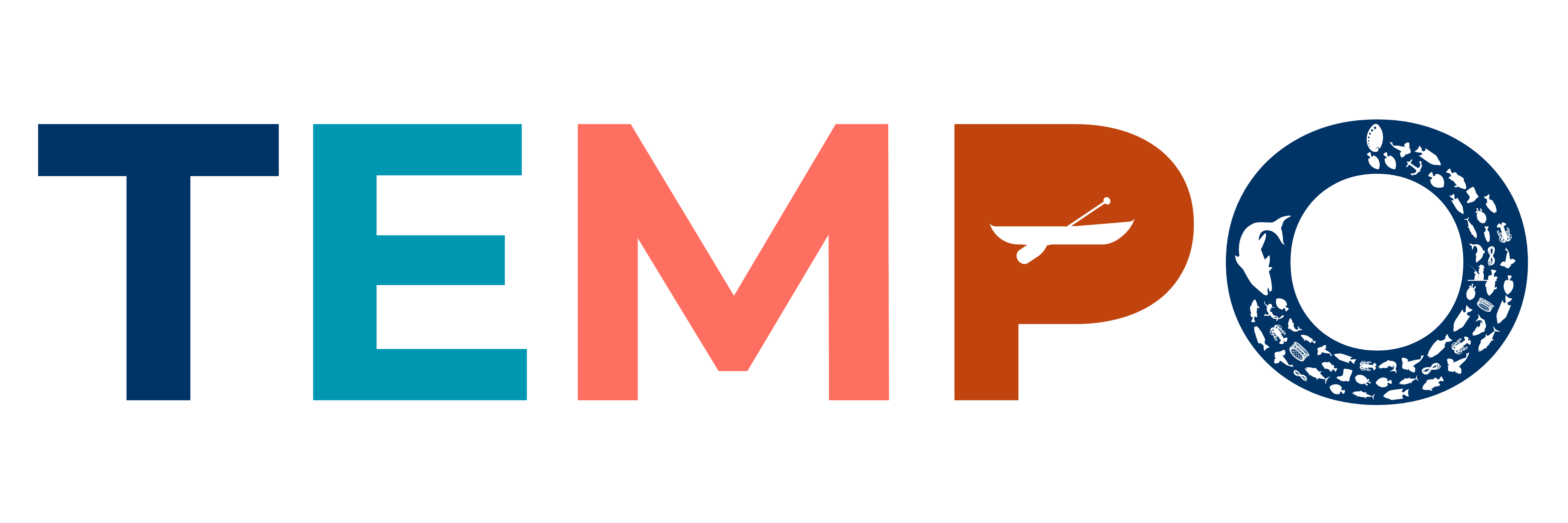Welcome to TEMPO!
We are TEMPO: a team of researchers, students, nonprofit organization staff, and community partners studying time-focused ocean management, funded by the National Science Foundation. TEMPO stands for Temporal Eco-social Management and Productivity of Oceans.
We study temporary fisheries closures designed by fisherfolk themselves, where fishers voluntarily forgo benefits for a period of time to recover depleted fisheries and care for their coastal ecosystems. While permanently-protected areas are well-studied, our team has recognized a knowledge gap around temporary closures led by fishers.
We're looking at these exciting forms of community-based ocean protection in French Polynesia and Mexico to shed new light on social and ecological knowledge gaps about what makes good dynamic ocean policy. We channel our research into these 3 buckets:
Context and Emergence
What are the key ecological and social characteristics of systems where temporary closures are likely to emerge and be considered successful by key stakeholders, like fishers, scientists, governments, and NGOs?
Ecological Interactions and Tradeoffs
How are the population dynamics of targeted food fishes, non-target species, and benthic habitat shaped by temporary fisheries closures with different designs, and what are the tradeoffs between these?
Construction of Success and Failure
How do different stakeholder groups envision “success” or “failure” of temporary no-take zones, and what social-ecological conditions and feedback are employed to justify, build consensus, and recruit support for those perceived outcomes?
Dive into our Study Sites
Refugios (Mexico)
Mexican fishing communities have co-created 46 refugios: temporary fishing reserves that protect a chunk of ocean from fishing and other extraction. Many communities have collaborated with our partner COBI (Comunidad y Biodiversidad) to assess and adapt Refugio management. Some groups prioritize a specific fishery like lobster or abalone; others target a wider range of fish and invertebrates. Throughout the country, fishers have organized fishing cooperatives that allow fishers to co-manage their fisheries with the Mexican government. TEMPO joins COBI in México to ask how temporary protection has shaped decisions and fishery outcomes and glean how insights when comparing these sites with French Polynesian Rāhui.

Rāhui (French Polynesia)
Rāhui translates to English as “restriction” or “put aside.” For some period of time, fishing in the lagoon was prohibited. Polynesians practiced Rāhui for centuries before colonization. Now, it’s become part of a cultural revival in French Polynesia.
Polynesian fishers collectively close a reef, lagoon, or area of seascape to rebuild the fishery and then go fishing in a replenished ecosystem. Scientists and government officials often co-manage the area with local fishers and decide how and when to reopen a Rāhui from restriction (they often close for several years). When a lagoon "opens", fishers take their boats, lines, and spears onto the reef, looking for fish in abundance. Sometimes to find what they’re looking for. Even with a wealth of Traditional Ecological Knowledge, we lack a scientific understanding of how these social-ecological systems work.
Find your connection to social-ecological systems:


